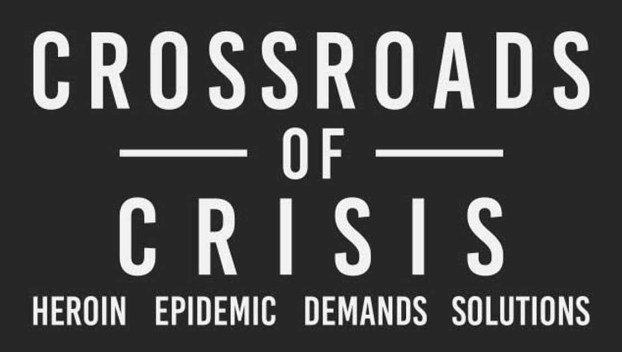
Cnhi Network
Heroin overdoses on the rise in Southern Indiana
JEFFERSONVILLE, Ind. — Soon after a needle exchange opened in Southern Indiana late January, Clark County Health Officer ... Read more

JEFFERSONVILLE, Ind. — Soon after a needle exchange opened in Southern Indiana late January, Clark County Health Officer ... Read more

Luck may play a role in determining who ends up taking prescription opioids long-term, according to a study ... Read more